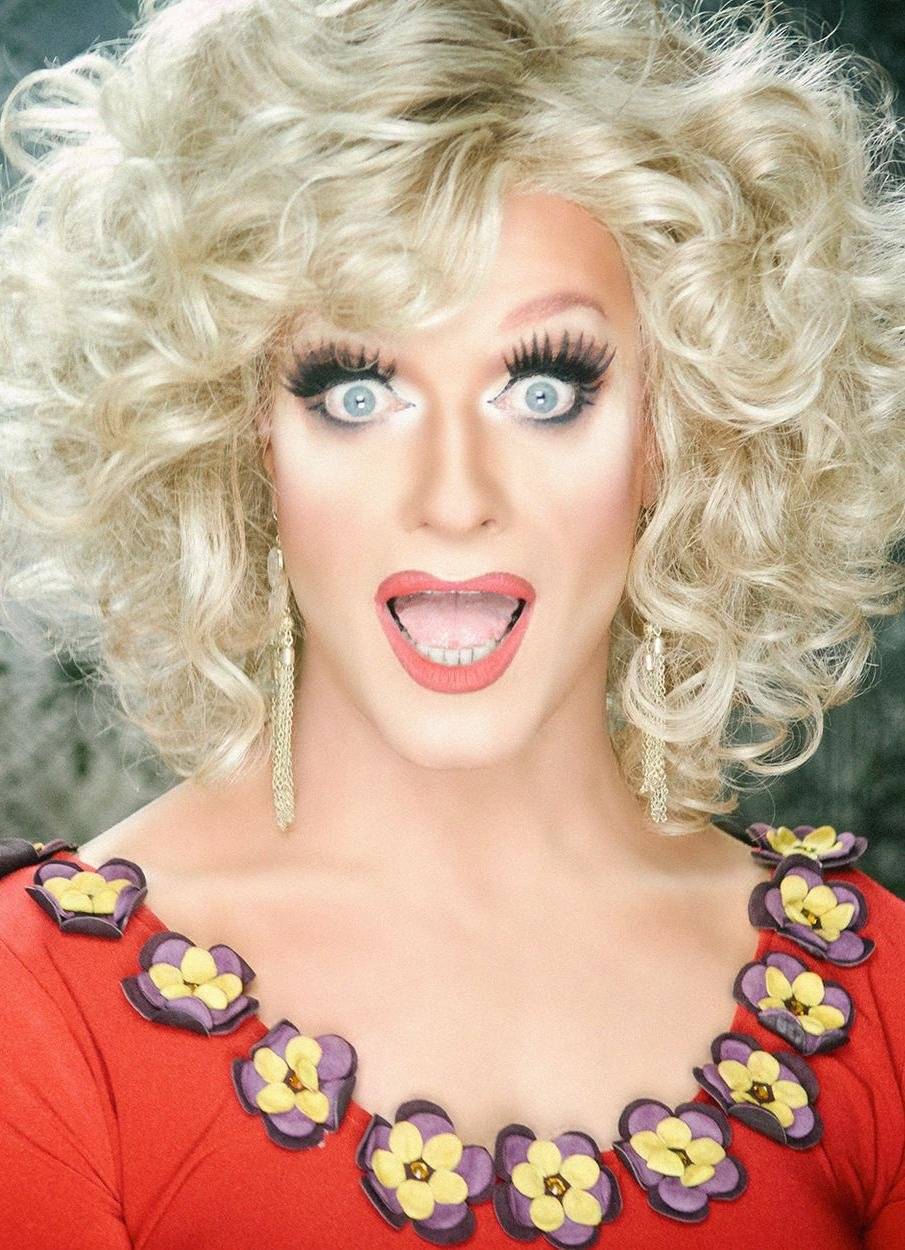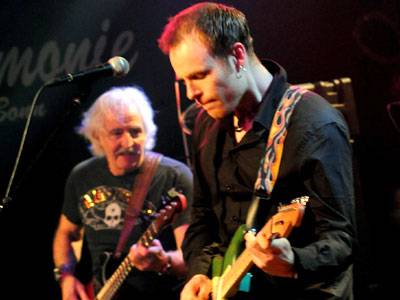Activist by chance Irish drag queen visits UN Cinema in Bonn
Bonn · Irish drag queen Panti Bliss was a guest at the UN Cinema in the Volkshochschule in Bonn. The documentary "The Queen of Ireland" was shown, which Bliss focused on.
When Rory O'Neill grew up in Ireland in the 70s, homosexuality was still illegal. At university he met his best friend, who took him to the parallel universe of underground gay clubs. Rory O'Neill designed his first drag performance during the last year at the art college. On Monday O'Neill was a guest at the UN Cinema in the Volkshochschule. There the documentary "The Queen of Ireland" by Conor Horgan was shown. The 2015 film focuses on Panti Bliss alias Rory O'Neill and her life as a drag queen and "accidental activist" - a rather random activist for the LGBTI+ community (Abbreviation for Lesbian, Gay, Bisexual, Transsexual and Intersexual).
Returning home as an emotional highlight
O'Neill's life began in the 70s in the rural Irish town of Ballinrobe. One of his main hobbies was drawing and so he went to art school after graduating. He then went to Tokyo for five years and became part of the drag scene. He was successful there with the US-American drag queen Lurleen. From their group name Candy Panti the individual names Candy and Panti developed fast. Looking back, O'Neill describes this time as a turning point - there would be a life before and after it.
In 1995 he returned to Ireland, which had decriminalised homosexuality in his absence. A lively party scene developed in the cities. Panti Bliss became part of the Alternative Miss Ireland beauty contest in 1995 and appeared in several plays in the early 2000s. The path to activism accelerated with the so-called Pantigate: in a TV show in 2014, O'Neill accused some journalists of homophobia, who then sued him and the TV station.
Three weeks later, Bliss gave a short speech on oppression at the Abbey Theater. It was shared online all over the world. "I didn't expect anything like this," O'Neill says. Even the work as an activist that followed his speech was never planned: "I only did my thing and the activist thing came into being on the way.
When a referendum on marriage for all was held in Ireland a year later, Panti Bliss became the central figure of the Yes campaign. The decision after the referendum to permit same sex marriage in May 2015 could be the culmination and conclusion of the film. But the end of "The Queen of Ireland" is an emotional climax that followed: The return of O'Neill and Panti to the home town of Ballinrobe, where Bliss plays a show in front of family and former neighbours.
In the discussion after the film, O'Neill took a lot of time to answer questions. Despite the Irish success, he would not recommend a referendum for the opening of same sex marriage. If it works, it would be a very powerful decision, but a referendum carries a great risk. And it is very unpleasant when society discusses its own life. It was this life and O'Neill's personal attitude that particularly interested the visitors.
(Original text: Tabea Herrmann/Translation: Mareike Graepel)




